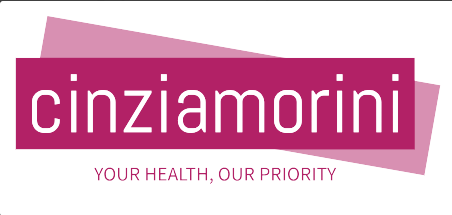
I cringe whenever I hear people complain about going to the doctor and walking away with yet another prescription. I am especially bothered when I hear such stories from chronic pain sufferers. There is more to pain management than prescription drugs. A lot more.
As someone who suffers from a chronic health condition myself, I know what it’s like to visit with doctors who don’t have the time, resources, or interest to help. They are under the gun from insurance companies to push through as many patients as possible. I have had my fair share of disappointing doctor visits for this very reason.
Chronic illness, whether it is pain-related illness or something else, cannot be addressed with treatment alone. There must be a management strategy. And where chronic pain is concerned, management is a multifaceted enterprise.
Take Two Pills and Call Me in the Morning
There is an old joke in American culture involving a doctor whose solution for every medical problem is prescription drugs. He is known for saying, “take two pills and call me in the morning.” Unfortunately, it’s more reality than humor. Writing prescriptions is a pretty common way for doctors to address pain management.
In defense of GPs and family doctors, they are not experts in pain management. They aren’t expected to be. GPs and family doctors are internists by training. They need to know a little bit about everything without being an expert in anything in particular. It is a tough job by any measurement.
The sad part in all of this is that insurance companies want patients to see their GPs or family doctors first. Many will not cover specialist visits without a referral. But referrals aren’t always easy to come by. Some doctors would rather continue writing prescriptions than lose patients to a specialist.
A Different Way to Manage Pain
Fortunately, there is a different way to manage chronic pain. It is found in the pain medicine specialty. Pain medicine isn’t necessarily a new specialty, but it didn’t come into its own until just a few years ago. It is now one of the most demanded specialties in all healthcare.
Lone Star Pain Medicine is a Texas clinic whose doctors are all pain medicine specialists. Their approach to managing pain is different. Rather than visiting with patients for 10 minutes and pulling out the prescription pad, Lone Star doctors take a more holistic approach.
They spend time listening to patients describe how they feel. They go above and beyond to try to understand the root causes of a patient’s pain. When it comes time to recommend treatments, they tend to have several options to choose from.
Nerve Blocks, Spinal Cord Stimulation, and More
What treatment options do pain medicine clinics offer? There are too many to list. However, it wouldn’t hurt to discuss a couple of them. Let us start with nerve blocks. Different types of nerve blocks can be applied depending on where a patient feels pain.
A nerve block does exactly what its name implies: it blocks pain signals so that they never reach the brain. If a nerve block is inappropriate, a pain medicine doctor might recommend spinal cord stimulation a treatment that involves implanting a small electrical device in the back. The device continuously stimulates the spinal cord so that pain signals are overwhelmed.
Pain medicine specialists have access to a full catalog of treatments that do not involve prescription medications. This isn’t to say that the prescription pad is never appropriate. Rather, is to say that it’s not always appropriate. There is more to managing chronic pain than prescription drugs.
